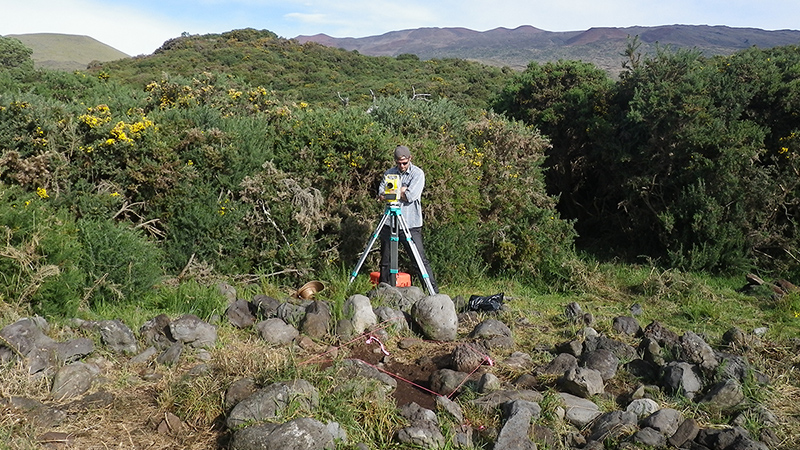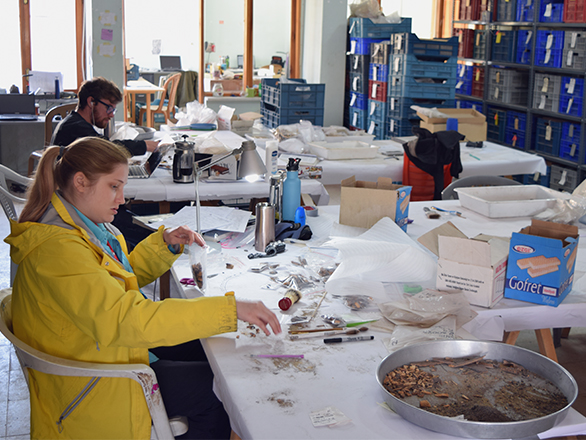Master of Arts in Anthropology (M.A.)
The Anthropology Department's Master of Arts program offers a robust academic journey that allows students to specialize in one of four key sub-disciplines: Archaeology (either Historical or Prehistoric), Biological Anthropology, Cultural Anthropology, or Linguistic Anthropology.
This advanced degree prepares students for a range of career pathways, including academia, consulting, international development, and governmental roles. In addition to foundational coursework, the program emphasizes hands-on research and methodological rigor, equipping students with the skills required for nuanced anthropological analysis and specialized research projects. The curriculum is designed to deepen students' understanding of human behavior and societies, enabling them to contribute meaningfully to interdisciplinary knowledge and global issues.
Master's degree coursework
The program requires the student to fulfill specified coursework over the course of the student's degree. Students have two tracks to complete the M.A. degree and the number of credits required depends on the track the student takes to complete the degree. Students should discuss with their advisor which track is appropriate for them given the academic and career objectives.
Track one: thesis option (31 credits)
Opting for the thesis track offers an intensive academic experience that is highly advisable for those considering future doctoral studies. Within this 31-credit track, students can choose to focus their thesis on a variety of specialized areas, such as environmental archaeology, historical archaeology, cultural anthropology, or ethno-linguistics. The thesis serves as a comprehensive exercise in scholarly research and analysis, allowing faculty to assess a student's aptitude for advanced academic endeavors. This focused project often becomes the cornerstone for letters of recommendation for Ph.D. programs. Consequently, students who select the thesis option are exempt from comprehensive examinations, as the rigor and depth of the thesis research adequately demonstrate mastery of the field.
Track two: non-thesis option (30 credits)
With the non-thesis track, you can pursue a career outside of academia or continue on to pursue Ph.D. at the University of Nevada, Reno, earning your M.A. en route to the Ph.D. after advancing to candidacy. A minimum of 30 units is required for the non-thesis option. If you wish to continue on to the doctoral program, advancement to candidacy typically occurs in the graduate student’s 3rd year, after the student has: (1) completed all their coursework save dissertation credits; (2) passed their Ph.D. written qualifying examination and oral defense (comprehensive examination); and (3) written and successfully defended their Ph.D. prospectus, which is the student’s research design for their Ph.D. dissertation project. For details, see the University Catalog listing for the Anthropology Ph.D. program.

